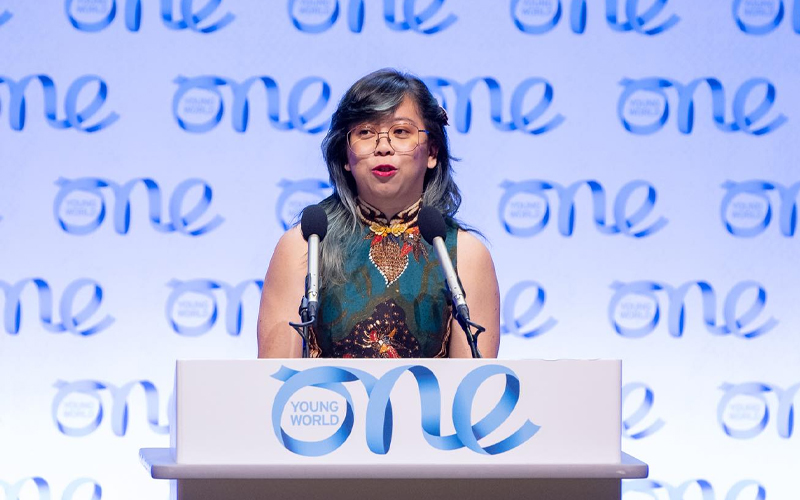
PETALING JAYA: A co-founder of the Undi18 movement has called for political education to be integrated into schooling experience so that students have a better understanding of democratic practices.
However, Qyira Yusri said politics should not be taught as a standalone subject.
“Just like how elections have become a part of our lives as adults, you can make democracy and politics a part of education.
“For example, do we hold elections for student leaders? Or if a school is organising a trip, can students vote where they want to go?” she told FMT.
In 2019, the Undi18 movement successfully lowered the voting age from 21 to 18, resulting in the addition of approximately 1.2 million voters to the electoral roll.
In the aftermath of the polls, there were concerns that younger voters had been overly influenced by political propaganda on TikTok. As a result, questions were asked as to whether they were sufficiently equipped to make well-informed decisions at the ballot boxes.
Qyira raised concerns regarding informal channels through which young people currently access political information, particularly social media.
There is a risk that these informal sources will propagate misinformation and disinformation, she said.
“If we rely too much on pop culture, YouTube or TikTok, we may have a warped sense of what the world will look like or how it will function,” she told FMT.
Qyira partially attributed the youth’s limited political awareness to the Universities and University Colleges Act 1971 (Auku). She said it was ironic that universities – centres of knowledge and learning about the world – tend to restrict students from openly expressing opinions and advocating for change.
Muar MP Syed Saddiq Syed Abdul Rahman, expressed reservations about government-linked initiatives to provide political education, referencing past efforts such as the national civics bureau, which was dismantled during his tenure as youth and sports minister.
“We have to be very careful (with implementing political education). However, does that mean that we should do nothing? No, we must do something, but the best way to do it is through decentralisation and allowing schools to decide,” he told FMT.
Like Qyira, Syed Saddiq said implementing a form of elective democracy at a young age will allow students to comprehend the significance and consequences of their votes.
For instance, they can introduce voting for places on the prefectorial board, meals and other school run-activities, he said.
“Young people feel a lot more involved (when) deciding what happens at school. It’s not to say that it’s 100% democracy in every single thing, including picking your subjects.
“But the point is they know that their voices, their votes matter,” he said. -FMT


No comments:
Post a Comment
Note: Only a member of this blog may post a comment.